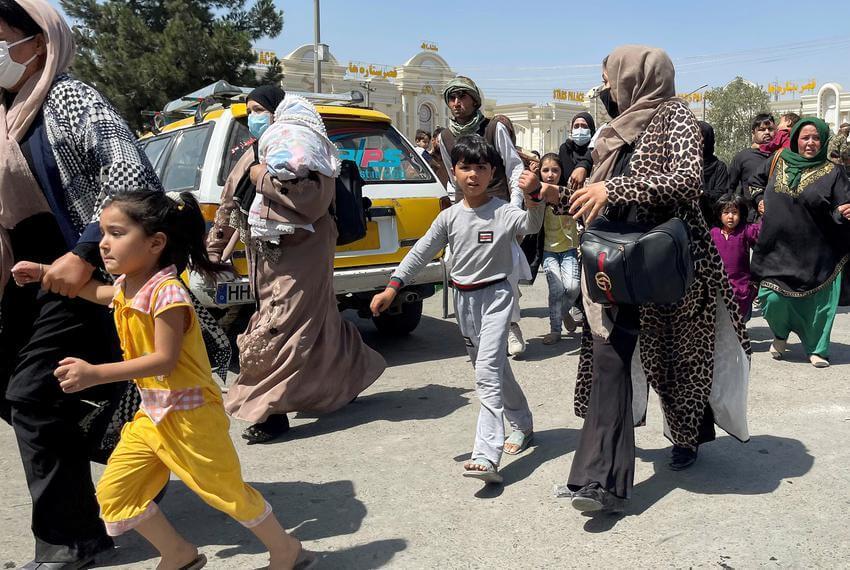JEREMIAH CHAPTER 34: Better make no promises than make them and never fulfill them.
The word contained in this chapter must have reached Jeremiah earlier before he was imprisoned. By this, we believe that the preceding chapters of 32 and 33 contain prophecy that came after today’s message. Some writers say that the year was 588 B.C and others say it was 589 B.C. Whatever the period, it was in the last year of King Zedekiah’s reign and the enemy was already surrounding the city. The chapter opens up with description of the period in which the prophecy was delivered. King Nebuchadnezzar had gathered all the Babylonian army together with other army from states he had earlier captured and were under his rule and all were marching against the people of God (1-2).
According to the writers of Wiersbe Bible Commentary, it seemed like the entire near east was attacking God’s people. They elaborate that the year was 588 BC and Nebuchadnezzar’s army was successfully conquering the kingdom of Judah. The last two fortified cities were about to fall (verse 7): Lachish, twenty three miles from Jerusalem, and Azekah, eighteen miles from Jerusalem (34:7). The message was as usual: Babylon would capture God’s people including the king who would be made to meet his foe face to face and be marched to captivity where he would meet his death. However, Zedekiah would meet a peaceful death and honorable burial just as some ancestors especially who were good had died and gotten buried and people would show grief and honor at his burial (3-5). In the book of Ezekiel 12:13-14, we read that Zedekiah wouldn’t be able to see Babylon yet we read here (verse 3) that the King will meet and see Nebuchadnezzar face to face. This is no contradiction since King Zedekiah’s eyes were removed before taking him to Babylon (2 Kings 25:7).
Earlier the Jews who had slaves had agreed with the King to free them according to God’s laws. Exodus 21:1-11 and Deut 15:12-18 explain in details how slaves were to be let free after six years of their services. During the disobedient times, the Jews must have disobeyed this law too. However, as the siege of Jerusalem became a reality, they somehow considered bribing God by obeying this law and let slaves go free. Actually, God considered this act of obedience and diverted the war and Nebuchadnezzar walked off to attack the Egyptians who were coming to Jerusalem’s rescue or prevent the expansion of power of Babylon which was automatically a threat to Egypt (verse 21). However, according to verses 8-11, these people changed their mind upon receiving the temporary relief and walked out of their covenant with God. And since they had walked between pieces of a dead calf while making the promise in the temple, walking out of it meant facing death as the calf (verses 18-19). Unfortunately, they didn’t consider the seriousness of the covenant.
So the Lord lamented how He had graciously brought them out of slavery and made them people of their own. He made a covenant with them about setting slaves free which their ancestors had disobeyed at different times. And while these people were also doomed, they had at the last hour changed their minds and obeyed the Lord and a relief had already set in only to be ruined by their pride and stubbornness and the return of slaves back into slavery (12-16). These moments just remind me how sinful I am. Really, there are hard moments that I meet and I promise to do something extra for God if He helped me through. But even up to now, I know and feel a lot of debt that I still have to pay, promises that I walked out when things went well and I am really very sorry. And you my brother and sister, you know deep within your heart all the agreements that you share with your God and people only to break them when you get your own interests done, God forgive you too.
Following the above betrayal, God was determined to allow diseases and torture to invade Judah and its King and destroy the people beyond recognition and their bodies would be food to birds. The king and his people would be taken captives and others would die. Even though the Babylonian Army had gone off to fight against Egypt, it would return in time to complete God’s prophecy (verses 17-22, Check exposition on Jeremiah Chapter 24).
Our today’s focus: It is more dangerous to make promises and break them than it is not to make them at all. Many times, we are forced into making promises, another reason we fail to fulfill them. For example, when we are compressed against a wall, we are likely gonna promise to do anything as long as we are helped or saved. This is not a problem in itself. After all, life is about paying price (s) for whatever we get out of it (action-reward philosophy). However, the problem comes in when we try to cheat life, to cheat God and to cheat ourselves. Remember, we promise God when we do it directly to Him, to His people and to o
urselves and walking out of any of those promises ultimately means disobeying God. So what do we do? Let’s just take a breath and remember how far God has brought us and the only price we are to pay and pay it.
urselves and walking out of any of those promises ultimately means disobeying God. So what do we do? Let’s just take a breath and remember how far God has brought us and the only price we are to pay and pay it.
As I earlier confessed, there are people that I have promised to do for them this and that. I have promised myself a lot of things and I have promised God a lot of things too but I haven’t fulfilled all of them. It may not be the time of some of the promises, but some of them have just gone unfulfilled and I am sorry. I pray to God that He gives me the power, ability and all the means to achieve what I promised myself, God and people in its right time. Oh brothers and sisters, today’s word calls us to repentance. Today’s word calls us to consider the relief we receive in our daily challenges and be grateful to God and those who help us. God bless you.
The Complete You Project



